It’s odd, isn’t it? People who make careers out of condemning meanness tend to attract stories about meanness. Maybe that’s just human nature—high moral rhetoric draws sharper scrutiny. Whatever the cause, the public spat between Jill Biden and Kamala Harris keeps finding fresh oxygen. This time the spark came from an unlikely place: Jill Biden’s old communications aide, Michael LaRosa, who wrote an opinion piece that read like throwing gasoline on an already smoldering row.
LaRosa’s claim was straightforward and blunt. In a column for Fox News, he argued — more or less — that the Bidens’ inner circle hadn’t been the warm, supporting team family statements often suggest. Instead, he pointed a finger at staffers he described as “bullies,” even using a pop-culture metaphor to drive the point home: think Regina George-style mean girls. That sounds almost petty, until you remember these are people working inside the White House, close to the president’s family. LaRosa’s piece didn’t read like private gossip so much as a deliberate attempt to reshape a public narrative: the Bidens, for all their anti-bullying messaging, had tolerated or empowered sharp elbows in their own ranks.
Also read: Whatever Happened to Alyson Hannigan TV star?
Why this matters now is partly timing. LaRosa’s op-ed came only days after Vice President Harris released her memoir, 107 Days. In the book she’s candid — and a little raw — about feeling isolated, undermined, and at times outright targeted. Harris paints scenes of staffers seeding negative rumors, of people treating her success as a threat to the presidency instead of an asset. She wrote about finding that the political calculus inside the administration often felt “zero-sum”: if she shone, supposedly, the president dimmed. Which, as she argues, is short-sighted and risky given concerns about Biden’s age. That line — the one about her visibility being vital — is a punchy moment in the memoir, and it landed where memoir lines often do: sharply, and then widely.

What I find tricky and interesting here is the contradiction between the Bidens’ public identity and these allegations. Joe and Jill have long made anti-bullying a cornerstone of their public image. They have framed themselves as empathetic, steady figures — particularly in contrast to Donald Trump, who they’ve labeled the quintessential bully. Biden famously called Trump the bully he’d “known his whole life” and framed himself as someone who stood up to that kind of behavior. It’s a neat political contrast, and it works as messaging: you’re the good, empathic team; they’re the loud, brash one. But LaRosa’s piece and Harris’ book complicate that tidy story.
So what are we left with? Several competing threads. On one hand, you have Harris’ firsthand account of feeling undermined — a vice president describing, quite plainly, that her team’s success should have been seen as an asset to the administration. On the other hand, you have LaRosa, a former insider, essentially saying the Bidens’ inner circle has a mean streak. Neither side is offering a tidy, fully-documented dossier of incidents — this is politics, after all — but the accumulation of claims and anecdotes creates a credible pattern that’s hard to ignore.
And then there’s the performative aspect. Politics is also theater. Books are timed. Op-eds are placed. Each actor knows the stage is being set. Harris’s memoir lands; it generates conversation. LaRosa’s op-ed follows; it amplifies the story. It’s that simple, and a bit more cynical than I’d prefer to think. But there’s nuance too: people in teams do carry grudges, they make mistakes, they misread motives. Not every slight is malicious, yet repetitive behavior can feel deliberate to the person on the receiving end.
I’ll admit: I’m a little torn. Part of me wants to treat these as typical bureaucratic frictions blown up by media dynamics. Office politics scaled to the national level — it happens. It’s messy, sometimes petty, sometimes hurtful. Another part of me thinks the pattern being described deserves attention because it speaks to how leadership and team culture work at the highest level of government. If a vice president feels that staffers are not supporting her, that’s not just interpersonal drama; it can affect policy, public perception, and governance. That may sound dramatic, but it’s also true.
Also read: A Clash of Egos: Trump’s Preemptive Strike Backfires on Kimmel’s Return
One thing to watch: responses — or the lack thereof. Jill Biden hasn’t publicly answered LaRosa’s claims, nor has she issued a detailed rebuttal to Harris’s book. Does silence suggest a strategy? Maybe. Maybe the team is drafting a careful reply, or perhaps they’re hoping the story dies down on its own. Political silence can be tactical: it avoids feeding the frenzy. But silence can also feel like an admission, depending on who’s listening. I don’t know which it is here, and neither do you; that’s the frustrating, human part of following these stories.
We’ll probably see more ripples. Memoirs provoke reaction. Former staffers write op-eds. Political narratives reconfigure. For the rest of us, there’s a story about image versus reality: leaders who campaign as anti-bullying advocates and yet — it’s alleged — have tolerated harsh behavior nearby. That tension is interesting because it’s relatable: people often struggle to align their ideals with messy reality. It makes these public figures feel more human — and more fallible.
At the end of the day, this is one more chapter in a long, ongoing personal and political rivalry. It’s noisy. It’s emotional. It’s a reminder that power centers attract sharp edges. Keep an eye on replies, clarifications, and any formal statements — they’ll shape whether this remains an episodic fight or becomes a more consequential debate about culture within the administration.


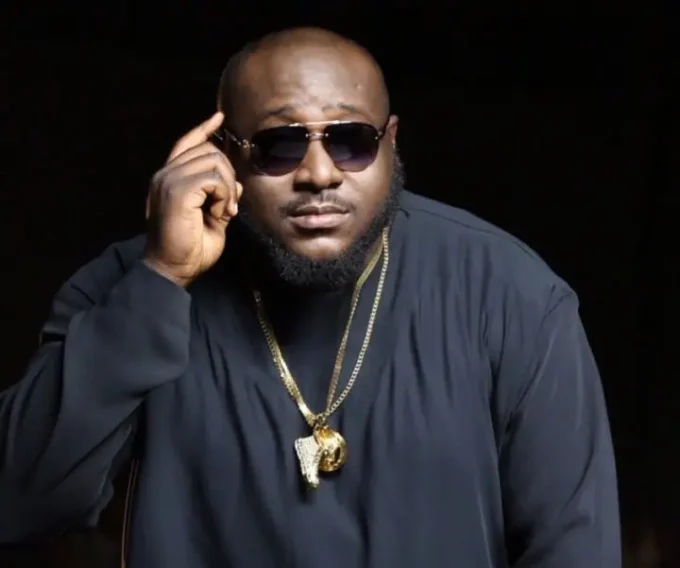


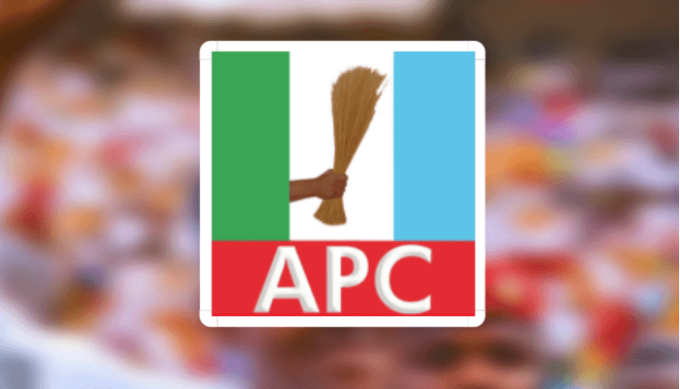
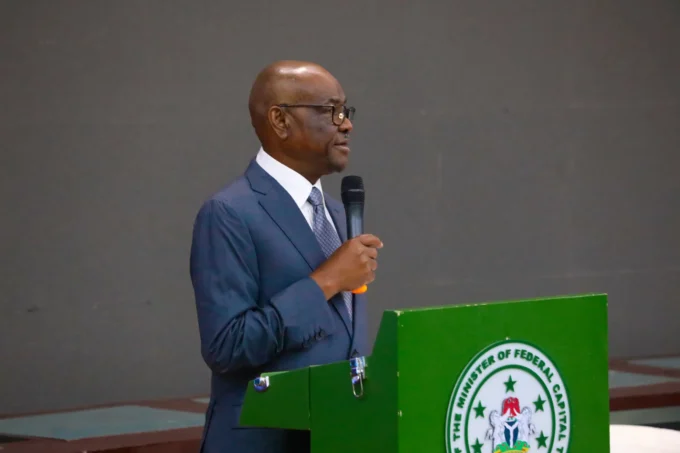

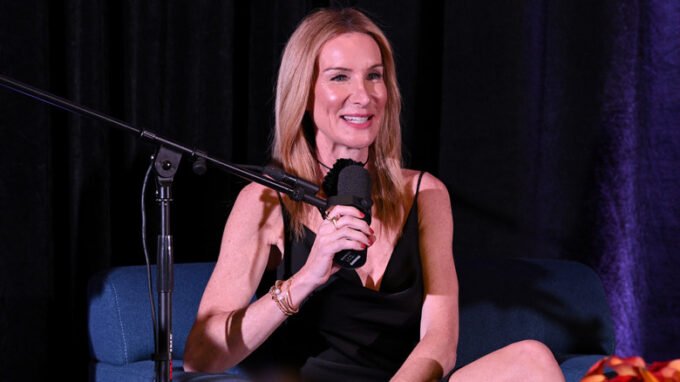
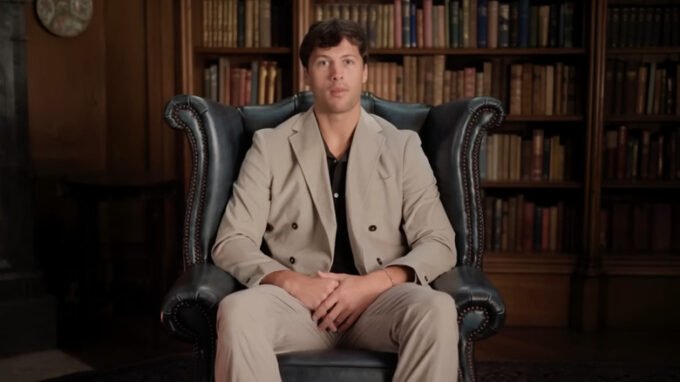
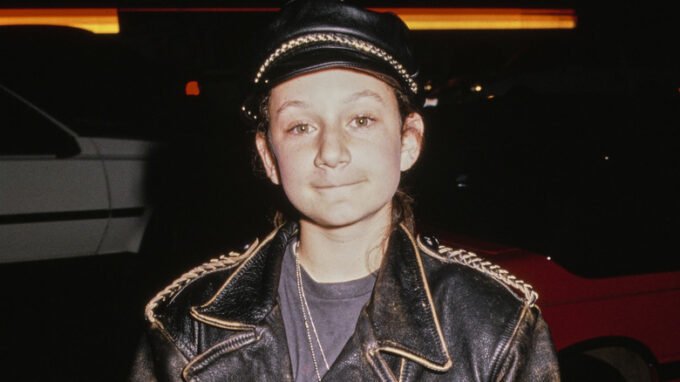


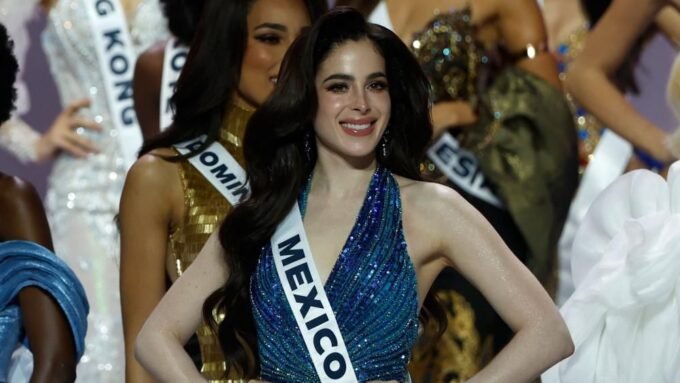















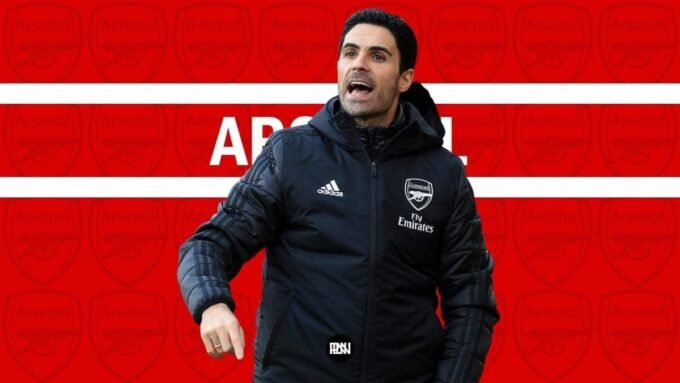
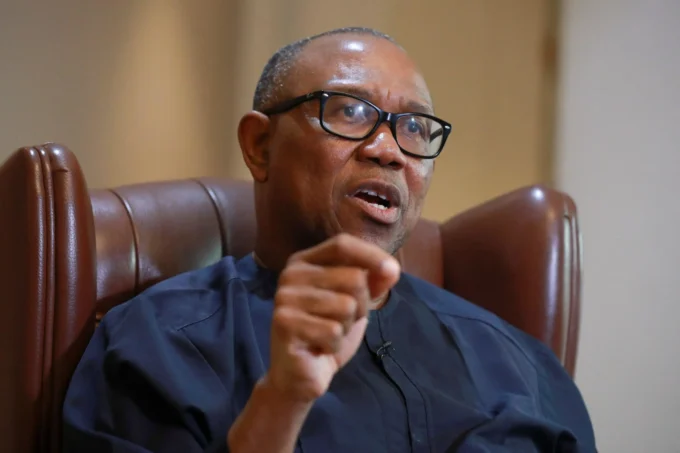










Leave a comment